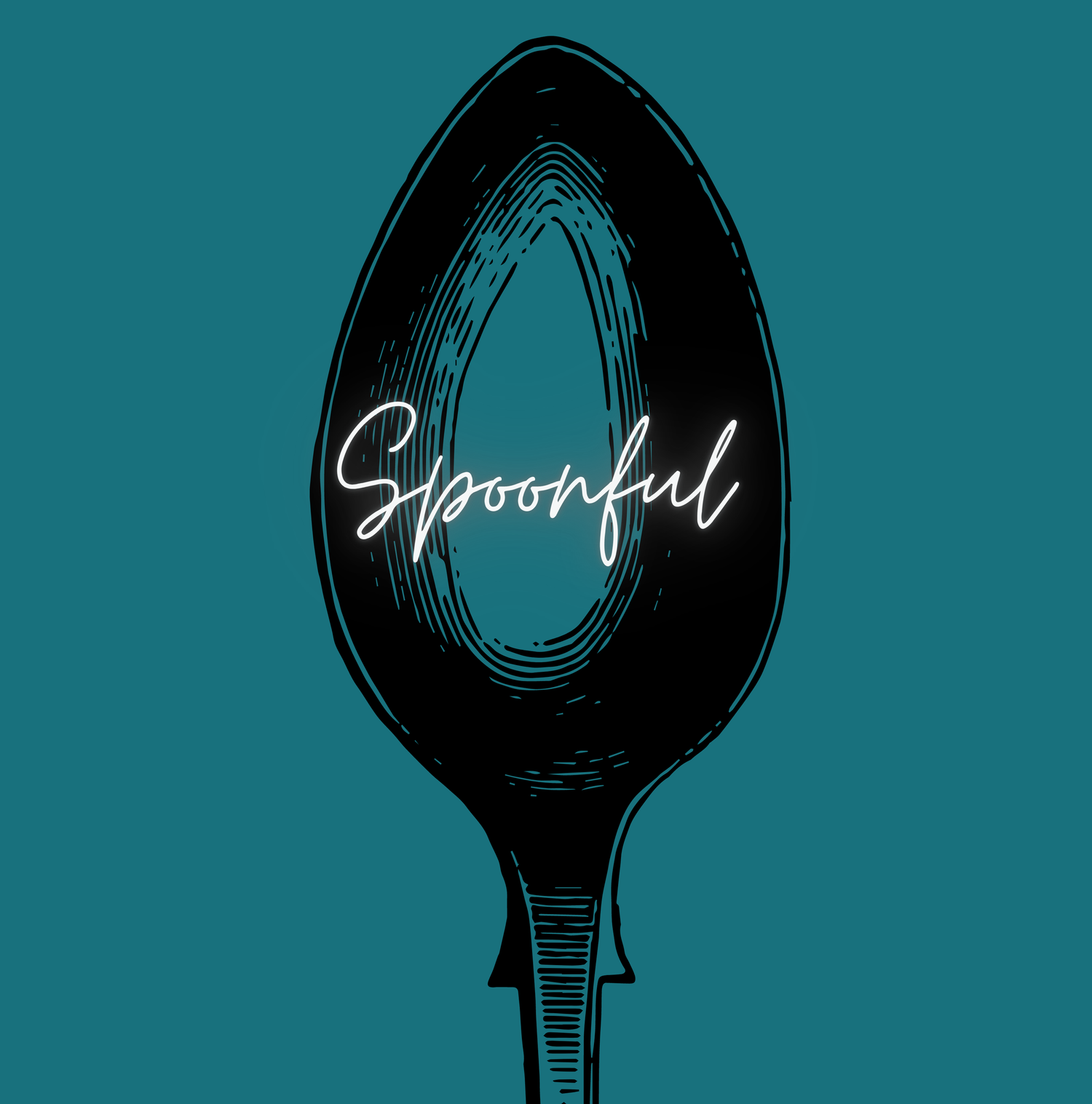Chronic SOS - November 1, 2023
Another month down!
t seems like it shouldn't be November yet, but October felt long waiting for a response from literary agents and my Halloween rheumatologist appointment. I'm writing this ahead of time, so hopefully I'll only have good things to say! God knows that I have had way too many difficult people to deal with recently…
With the busy holiday season, I plan to do more "Chronic SOS" posts and less long form articles until the new year. I do occasionally have a great idea that I have to write about, so it might still have a similar number! I'm going to try my best to make posts on different cultures and their holidays and will be looking into disability within Native American cultures this month as well.
Today, let's look at some autumn nature pictures and talk about random autumn themed facts!
The beautiful kaleidoscope of oranges, reds, and yellows of an autumn landscape is actually an adaptation that deciduous trees have. Deciduous trees shed their leaves every year in order to conserve energy. The leaves are the little chlorophyll-filled sugar factories of a tree; but factories take energy to run! The colder seasons don't get as much sunlight and rain, so they wouldn't produce very much sugar. So, the tree eats all the sugar and good stuff in the leaves and the green colored chlorophyll is eaten by the tree. The result is autumnal colored leaves that fall off the tree!
Kind of nuts, right?
The pecan is the only major tree nut native to North America/Turtle Island. It's particularly common in the southern US and Native American tribes in that region have been eating pecans for many generations. The word "pecan" comes from an Algonquian word that means "requiring a stone to crack". There are over 1,000 varieties of pecans to choose from!
I would personally like to sample the different types in the form of pecan pie.
Speaking of traditional Thanksgiving dinners, did you know that the turkey almost beat the bald eagle as the national emblem?
Err, well… maybe not. Benjamin Franklin didn't really want the bald eagle emblem that was first proposed. He said that it looked like a turkey and the turkey was much better and wiser. If you’ve seen a picture of a bald eagle facing forward, it doesn't look like a wise creature. Fair point.
It's become a staple for Thanksgiving dinner, unfortunately for the turkey. I have been a vegetarian for years, so I don't have much to add there. However, there is an annual turkey pardoning by the US president for Thanksgiving! The lucky turkey goes to live on a farm or a variety of other locations and live out a life of rural luxury!
Finally, a symbol of abundance through many centuries:
Symbols of good harvest are naturally associated with autumn; the overflowing cornucopia is one that almost everyone is familiar with. This symbol has Greek origins; in the story of young Zeus hiding from his father, Zeus accidentally breaks the horn of his goat attendant, Amalthea. The horn became an infinite food source and was constantly full of fruits and vegetables and other nourishment. The cornucopia appears in later myths as well, notably Hercules breaking the horn of the river God, Achelous, and creating an endless supply of nourishment.
What's your favorite thing about autumn? What's your favorite Thanksgiving tradition? Let me know in the comments below!
See something that made you laugh or smile recently? Send it to me with my Google form and I may use it in future posts and give you a shoutout!







